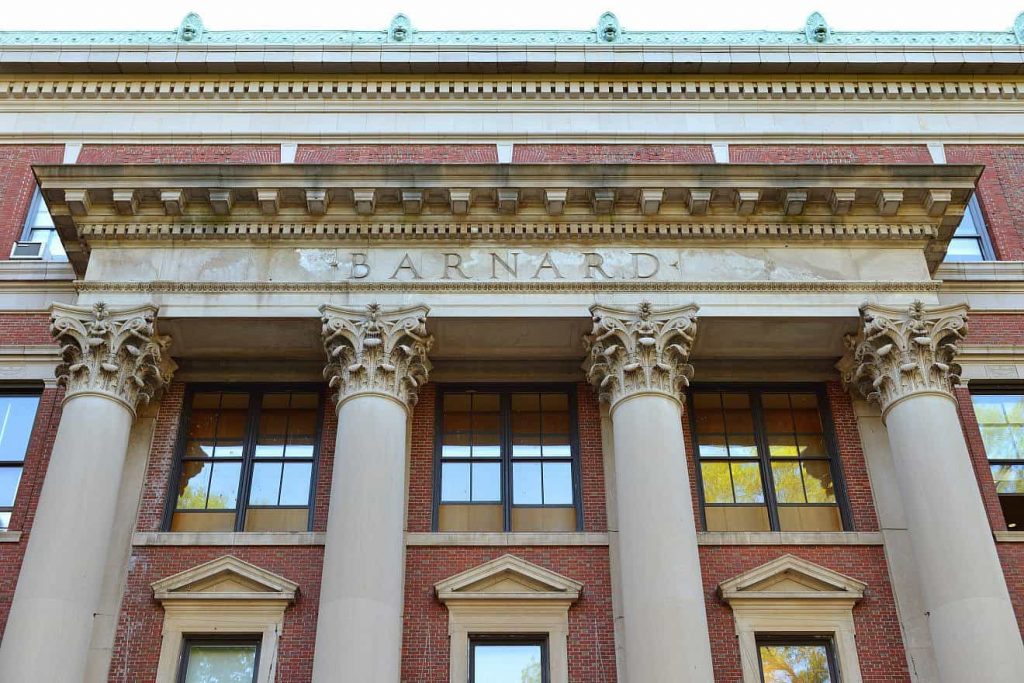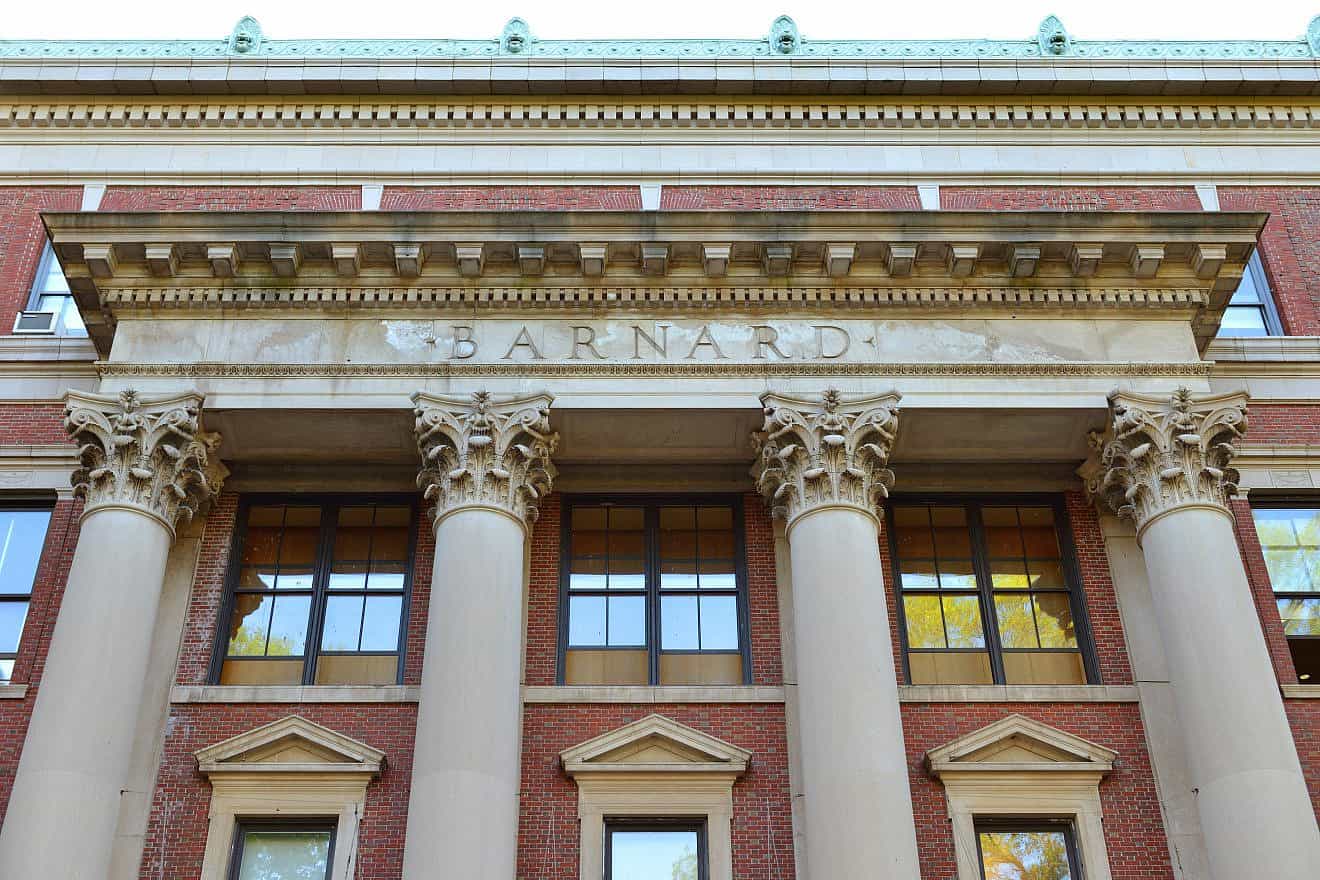By Gilliana Taylor, Staff Writer
On Wednesday, Feb. 21, Barnard College called for the removal of all door decorations in the residence halls. Like most college students, Barnard students decorated their doors with posters, photos and dry-erase boards with frivolous polls asking other residents things like what their favorite color is. In consideration of the ongoing conflict in the Middle East, Barnard students started using their dorm decorations as a way to show their support for Palestine or Israel. However, in an email addressed to the students, Dean Leslie Grinage stated that they had until the end of the week to take down all decorations that were not sanctioned by the college.
“While many decorations and fixtures on doors serve as a means of helpful communication amongst peers, we are also aware that some may have the unintended effect of isolating those who have different views and beliefs,” Dean Grinage wrote.

The door decoration ban comes shortly after the college was served with a lawsuit accusing the school of allowing anti-semitism on campus to run rampant. Barnard, along with Columbia College, is now facing a congressional investigation.
The ban has sparked a debate over the distinction between a student’s right to free speech and hate speech. Barnard students feel that their right to free speech has been violated. An unnamed Barnard junior shared her frustrations with the New York Post.
“I can’t hang a photo of my car because that might offend someone? Why does it have to be all or nothing? I can’t believe they’re being so draconian about this,” the student said.
When asked about free speech on college campuses, sophomore musical theater major Liana Genao shared a similar sentiment to the Barnard students.
“It’s not fair for the college to ban every type of door decoration,” Genao stated. “Obviously, there is a difference between hate speech and using your right to free speech, but I do not see anything wrong with what the students at Barnard were doing. They were expressing their opinions about something they are passionate about, and as long as it causes no harm to anyone else I think those opinions are fine to express.”
Alongside the banning of door decorations on campus, Barnard College has made further moves to limit the debate of the Israel-Hamas war on campus. The college has limited the number of spaces where students and staff can gather to organize protests. Demonstrations are now permitted solely on the campus lawn from 2 p.m. to 6 p.m. Monday through Friday. Additionally, applications for demonstrations must be turned in 48 hours in advance, and any type of sound machines are prohibited.
Sophomore musical theater major Franklin Ferrer shared his conflicting thoughts.
“What’s going on in the Gaza strip creates a lot of hostility, and there is danger that comes along with that hostility,” Ferrer said. “So in the sense that students could become endangered based on their views, I can see where a decision was made towards the decoration ban. I would assume that the people in charge were just looking out for the students on campus, and not wanting to create animosity. But then on the other hand, when you add in the fact they are limiting students’ ability to protest on campus, it definitely feels like a way to silence students. It’s a very difficult and complicated situation.”
An unnamed LIU senior shared similar feelings.
“What’s going on in Gaza is a very heavy topic, but it is one that needs to be talked about. No one is ever going to agree on something at 100 percent, you have to be comfortable with the uncomfortable,” the student stated.




Be First to Comment